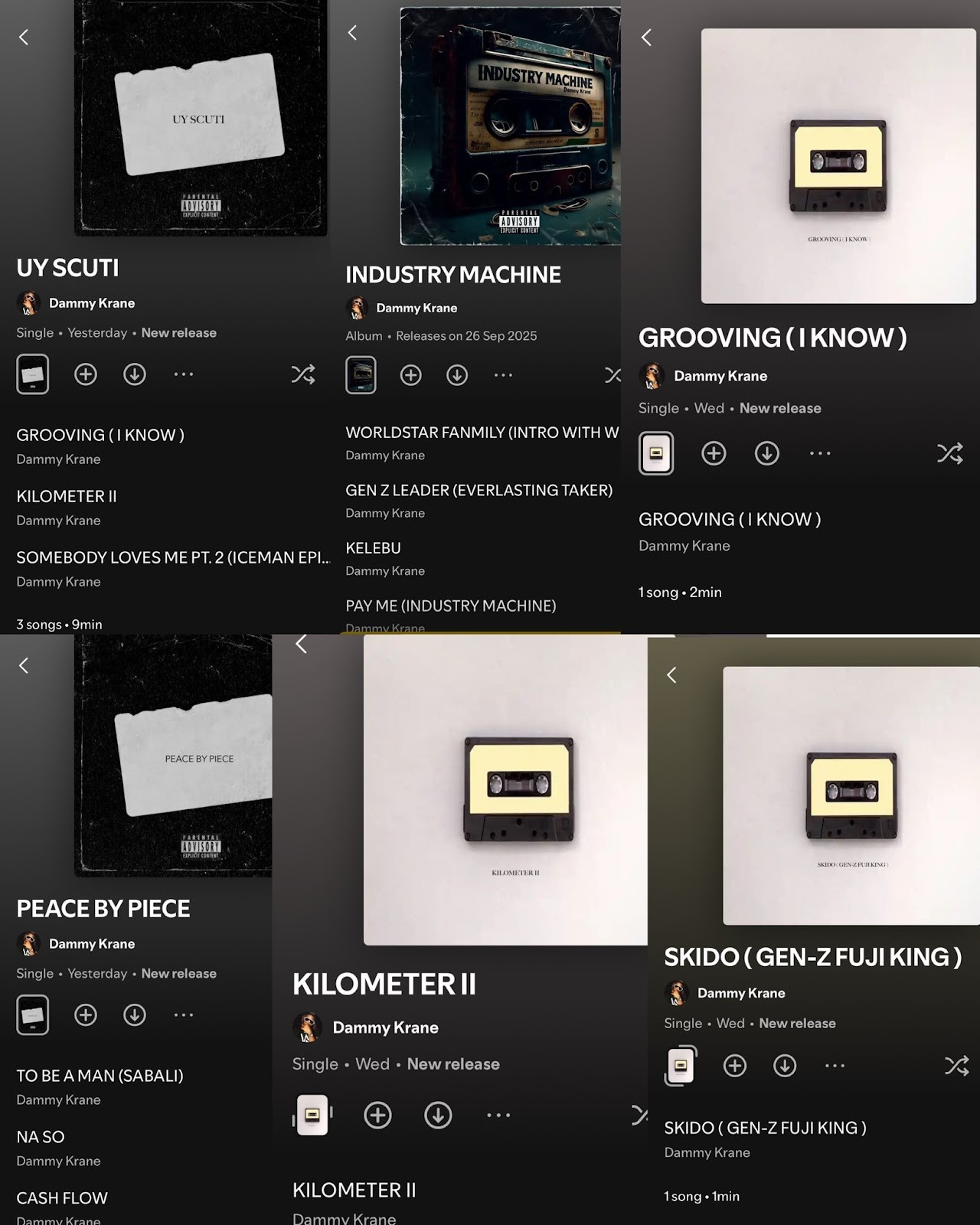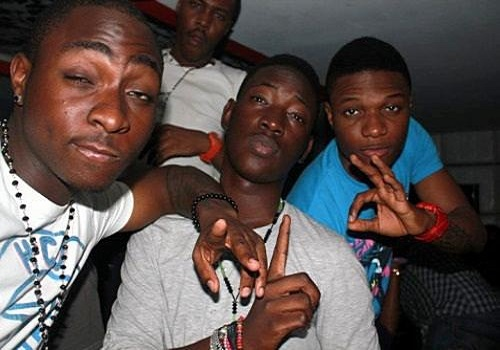
“Dammy Krane for the girls!”
Anytime you hear that Fuji-like intro on a track, you already know the song is likely going to be a hit. Oyindamola Johnson Emmanuel, the artist we all know as Dammy Krane, entered the Nigerian music scene like a lightning bolt. Before the Remas, Rugers, and Ayo Maffs, Dammy Krane was one of the young, fearless voices defining the new sound of Afrobeats.
At just 20 years old, he was already signed to 2Baba’s Hypertek Digital, and by 2012, he clinched the Headies Rookie of the Year award, a stamp of promise, charisma, and potential. His early songs carried a kind of street charm that fused Fuji with pop; “Condom Sir,” “My Dear,” “Xteristics”, each one cheeky, melodic, and effortlessly danceable. Dammy Krane wasn’t just making music; he was inventing a sub-style, a hybrid of street lingo, Yoruba rhythm, and youthful mischief that would later become mainstream. Stuff of dreams for a 20-year-old.
Then the spiral began.

First came the 2017 arrest in Miami for alleged credit card fraud, an incident that, though later resolved, cast a long shadow over his name. For a while, it seemed like Dammy Krane had faded into the background of an industry that moves fast and forgets faster. But he didn’t fade; he transformed.
He became louder, bolder, and, depending on who you ask, more controversial. From public feuds with Davido, to constant social media callouts about unpaid debts, to subtle (and not-so-subtle) shots at industry peers, Dammy Krane has repositioned himself as something of a musical troublemaker.

But more recently, another pattern has drawn attention, his habit of dropping songs with titles identical to existing Afrobeats hits. From naming his track Odoo shortly after Wizkid’s, Burna’s No Sign of Weakness, to releasing Jo following similar records by Davido, fans have started asking: is Dammy Krane trolling the industry or just borrowing inspiration?

In an industry where homage and imitation often blur, his timing feels deliberate, sometimes dropping a single right after a bigger artist’s release, using similar titles or even related themes. To critics, it’s the move of a copycat chasing attention. To supporters, it’s a subtle act of rebellion, a way to insert himself into Afrobeats’ fast-moving narrative by any means necessary.
But beneath the noise lies a more complex question: Is Dammy Krane truly a copycat or simply an artist who refused to conform?

His sound, once considered street pop, was arguably ahead of its time. The same streetwise melodies and Fuji inflections he was mocked for are now the lifeblood of today’s Afrobeats. In another timeline, Dammy Krane could have been celebrated as a pioneer of what we now call “Afro-fusion.” Instead, he became the cautionary tale, the “what could’ve been”.
Still, he’s refused to disappear. In recent years, Dammy Krane has turned controversy into a branding tool, dropping diss tracks, reigniting feuds, and leaning fully into the role of Afrobeats’ villain. Whether you agree with his antics or not, there’s something fascinating about his persistence, an artist unwilling to be erased, even when the industry seems to have moved on.
Maybe Dammy Krane’s story isn’t about downfall or redemption. Maybe it’s about a man who refused to play nice in a system that rewards silence.
The heavy question in the air then is, how long will this "villainy" last? Will he give us another hit single? The jury’s out!
